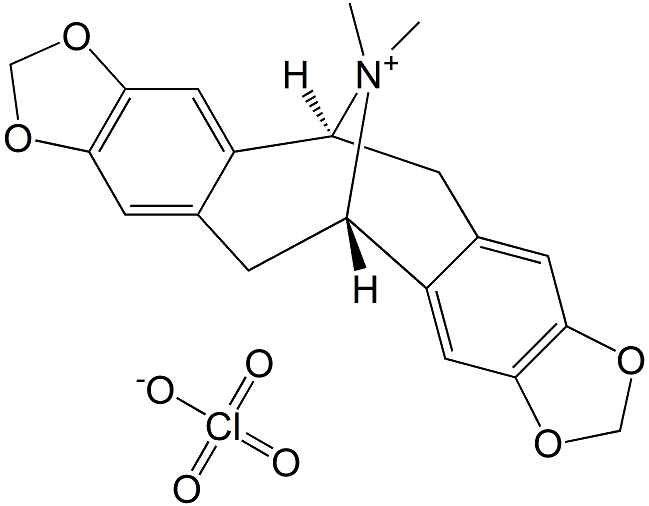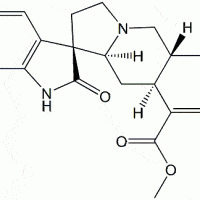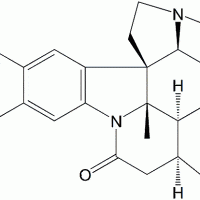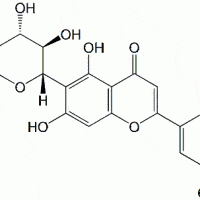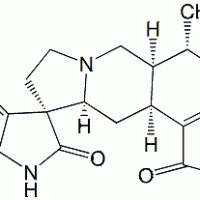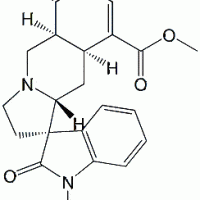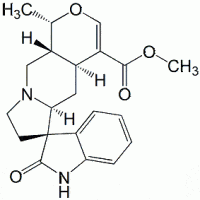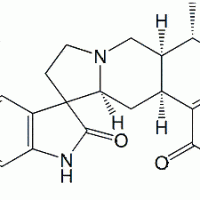- Required Weight missing.
Abstract
California poppy (Eschscholzia californica) is widely used for the treatment of nervousness, anxiety and sleeping disorders. The sedative, anxiolytic, and analgesic effects of the plant are thought to be associated with the quaternary alkaloids. Products from the plant have been prepared in two primary methods: used of the fresh petals to make a syrup, and dried petals are added to water or boiled to make an infusion. The most common alkaloids in order of abundance include californidine (CAS 17939-31-0), escholtzine, and protopine.
The alkaloids have been hypothesized to act on GABA receptors.
Californidine, as well as the other California poppy alkaloids, are sold as a salt of perchloric acid.
Find the other California poppy alkaloids and other natural plant alkaloids here.
Compound Details
| CAS | 17939-31-0 |
|---|---|
| Molecular Weight | 437.83 |
| Chemical Formula | C20H20No4+ClO4 |
| IUPAC | 23,23-dimethyl-5,7,16,18-tetraoxa-23-azoniahexacyclo[10.10.1.02,10.04,8.013,21.015,19]tricosa-2,4(8),9,13,15(19),20-hexaene;perchlorate |
| Synonyms | Californine methoperchlorate |
| SMILES | C[N+]1(C2CC3=CC4=C(C=C3C1CC5=CC6=C(C=C25)OCO6)OCO4)C.[O-]Cl(=O)(=O)=O |
| Purity | 95%+ |
| Storage Temperature | Below -18 degrees C |
| Storage Conditions | Dry, freezer |
Product Documents
Product Use Disclaimer
Products are sold as laboratory reference materials, to be used for diagnostic and in vivo testing. The samples are not certified for veterinary or human use.
$25.00 - $35.00 / milligram
| Range (milligram) | Price ($/milligram) |
|---|---|
| 5 - 24 milligram | $35.00 / milligram |
| 25 - 99 milligram | $32.00 / milligram |
| 100 - 249 milligram | $29.00 / milligram |
| 250 - 499 milligram | $27.00 / milligram |
| 500 - 1000 milligram | $25.00 / milligram |
Technical Support
Product information is from published literature. Due to the nature of scientific experimentation, results or specific product application may vary (e.g., selectivity, detector response). If you have questions about the product, its application, and associated analytics, please contact our technical support team.
Related products
-
View Item
Mitraphylline – CAS 509-80-8
$18.00 - $24.00 / milligram -
View Item
Brucine – CAS 357-57-3
PRICE ON REQUEST -
View Item
Isoorientin – CAS 4261-42-1
PRICE ON REQUEST -
View Item
Uncarine E – CAS 5171-37-9
PRICE ON REQUEST -
View Item
Uncarine F – CAS 14019-66-0
PRICE ON REQUEST -
View Item
Isomitraphylline – CAS 4963-01-3
PRICE ON REQUEST -
View Item
Uncarine C – CAS 5629-60-7
PRICE ON REQUEST


